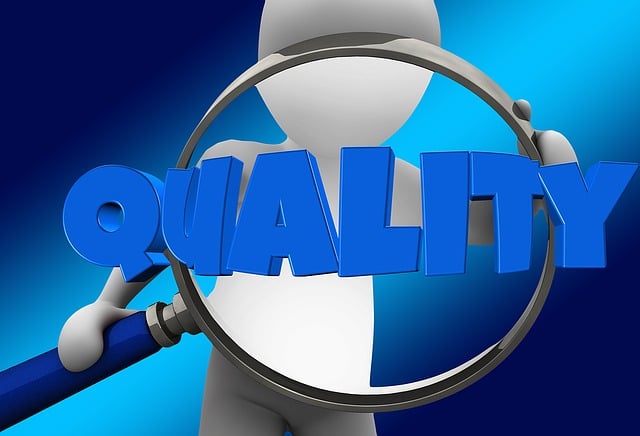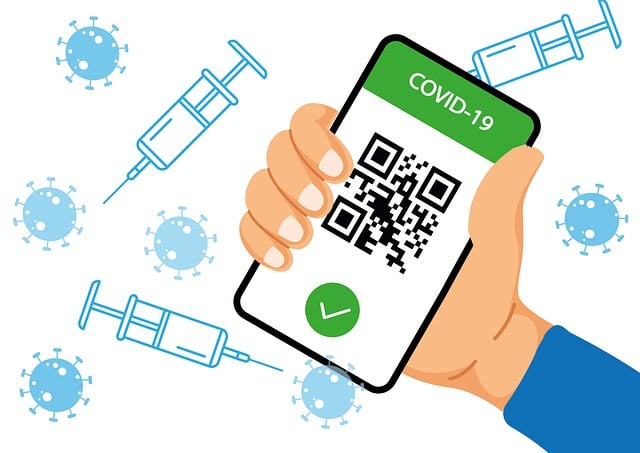In real estate, proper documentation is crucial for legal protection, transparency, and clarity in transactions. Local laws require unique documents like contracts, titles, and financial statements. Early identification of necessary paperwork, including third-party verifications, streamlines processes, minimizes delays, and prevents legal complications. This ensures accuracy and reliability in information exchange among buyers, sellers, lenders, investors, and government bodies. Third-party verification is a critical component for ensuring trust and security in the competitive real estate market, mitigating risks, and streamlining transactions. Digitalization and automated verification techniques powered by blockchain have revolutionized this process, enhancing efficiency, accuracy, and integrity in real estate deals.
In the dynamic realm of real estate, seamless transactions hinge on robust documentation and verification processes. This article explores the critical components of these procedures, delving into the intricate dance between understanding documentation needs and leveraging third-party verification. By examining enhancing trust, security, and efficiency, we uncover innovative techniques that streamline the entire process, ensuring a more secure and transparent real estate landscape.
Understanding Documentation Needs in Real Estate Transactions

In real estate transactions, proper documentation is paramount. It serves as a cornerstone for ensuring legal protection, transparency, and clarity for all parties involved. Each deal, whether it’s buying, selling, or renting, requires a unique set of documents tailored to comply with local laws and regulations. These include contracts, titles, financial statements, and sometimes, third-party verifications. Understanding what documentation is needed from the outset streamlines the process, minimizes delays, and reduces potential legal complications.
Real estate professionals must be adept at navigating these requirements. This involves comprehending not just the essential documents but also any additional paperwork required by lenders, investors, or government bodies. For instance, third-party verification processes, often involving credit checks, income verifications, or property appraisals, are crucial steps in securing financing or confirming the value of a property. These procedures ensure that all information exchanged during real estate transactions is accurate and reliable.
The Role of Third-Party Verification: Enhancing Trust and Security

In the competitive landscape of real estate, establishing trust and security is paramount for all stakeholders, from buyers and sellers to lenders and investors. This is where third-party verification plays a pivotal role. Independent verification processes ensure that all transactions are authentic, preventing fraudulent activities and protecting sensitive information. By verifying key aspects like property ownership, financial records, and legal documents, third parties add an extra layer of credibility, fostering confidence among participants.
This meticulous process not only safeguards against potential risks but also streamlines the overall buying and selling process. In real estate, where transactions are often complex and high-value, third-party verification acts as a crucial game changer. It ensures that everyone involved can proceed with peace of mind, knowing that each step is accurate and secure, ultimately enhancing the efficiency and integrity of the market.
Streamlining the Process: Efficient Documentation and Verification Techniques

In the realm of Real Estate, a streamlined third-party verification process is paramount for ensuring transaction integrity and building trust. Efficient documentation plays a crucial role in this regard. Digitalization has significantly enhanced this aspect, enabling faster and more accurate data capture. Electronic document management systems, for instance, allow for easy access, storage, and retrieval of crucial paperwork, reducing the time typically spent on manual searches and sorting through physical files.
Moreover, automated verification techniques have revolutionized how background checks, property ownership confirmations, and financial assessments are conducted. Blockchain technology, in particular, offers a secure and transparent platform to record transactions, making it easier to verify information without compromising privacy. This modern approach not only expedites the overall process but also significantly lowers the risk of errors and fraud, creating a more robust and reliable framework for all parties involved.






